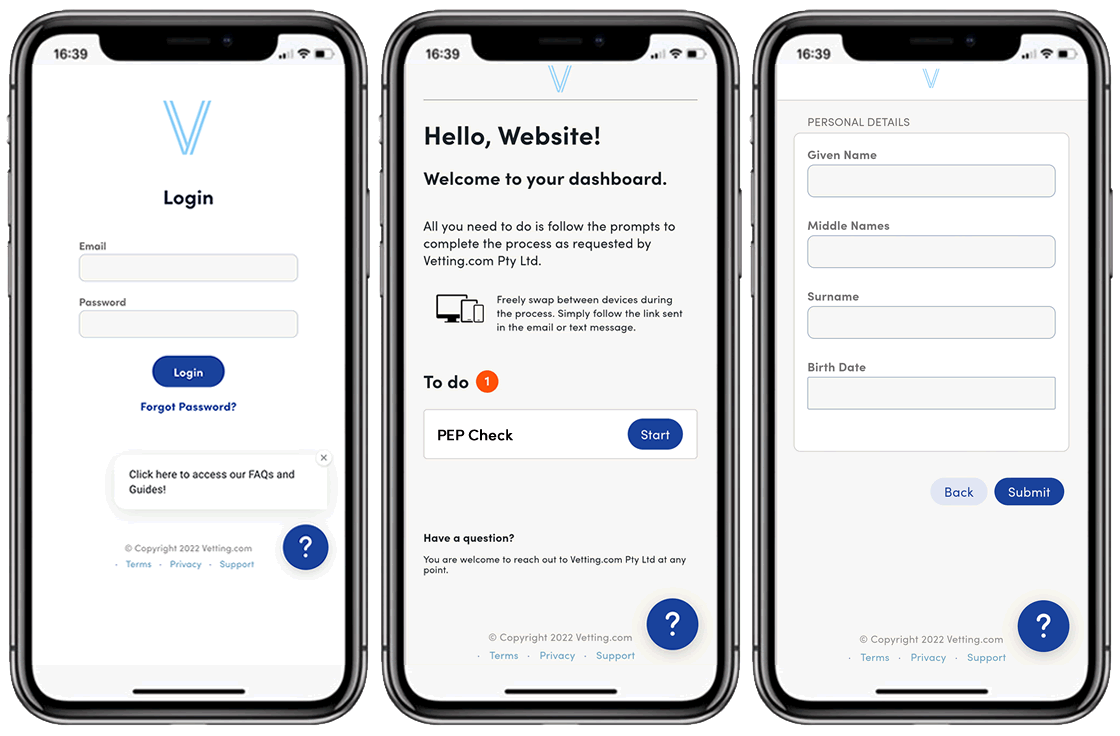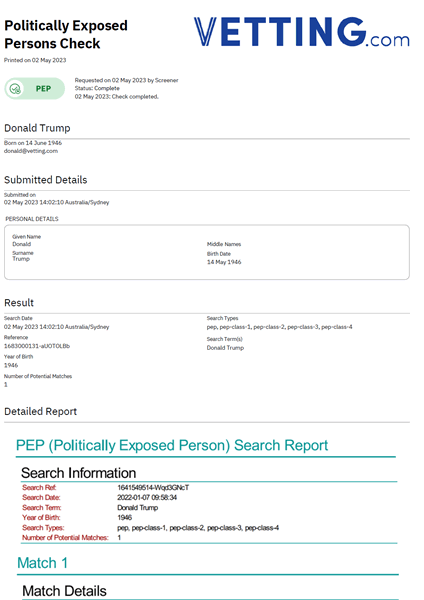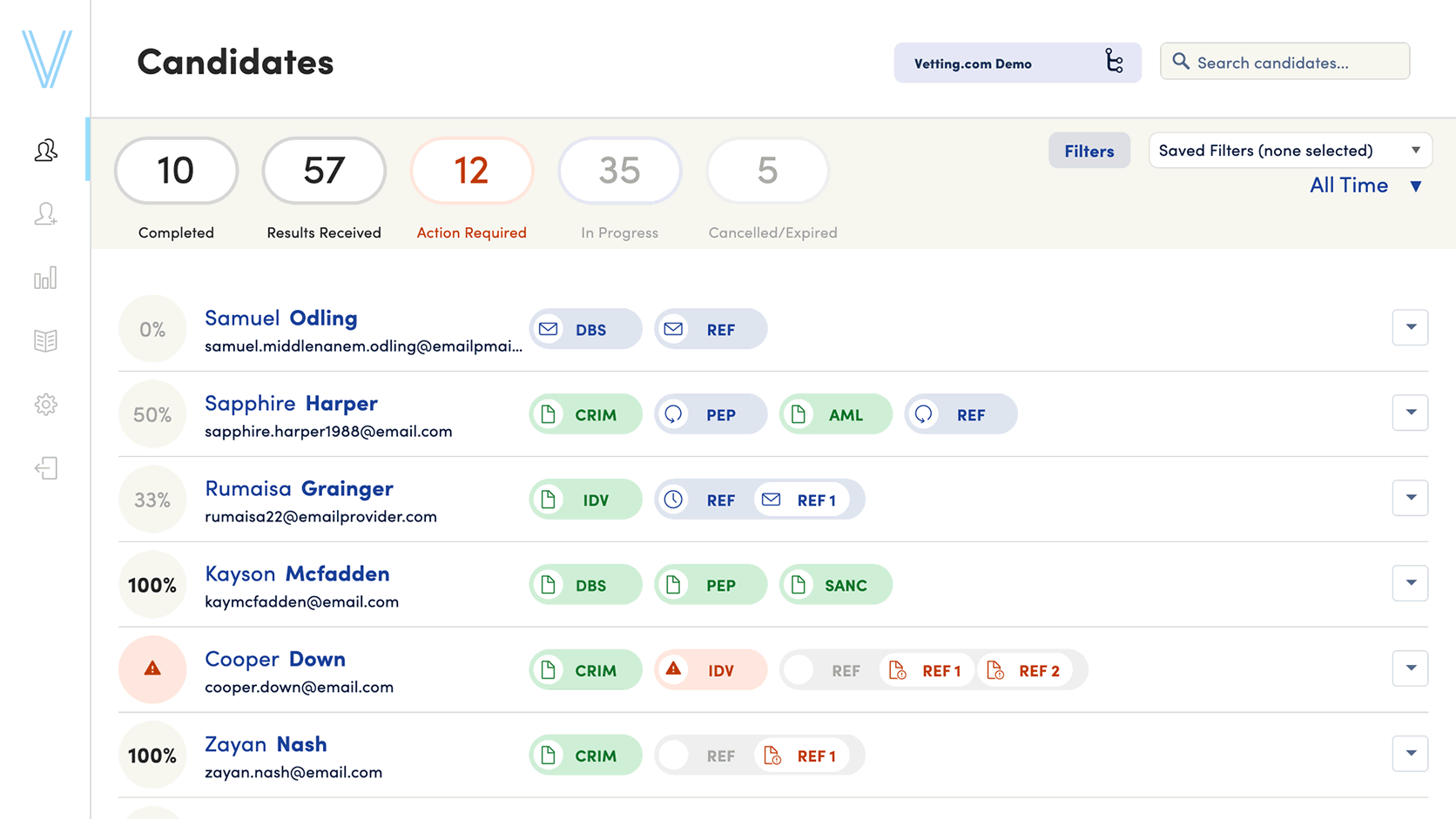A PEP is a 'politically exposed person'. This refers to someone who is a prominent public figure and carries out a role/function in which they are trusted by the public.
The definition of a PEP can vary from country to country or even company to company.
Some examples include:
- Senior political figures
- Senior executives within a government owned commercial company
- Senior government officials
- Senior members of law enforcement agencies
- Senior members of religious organisations
These public figures present a higher risk of bribery, as there is a fear they could be corrupted and someone could take advantage of the influence this person may hold.







